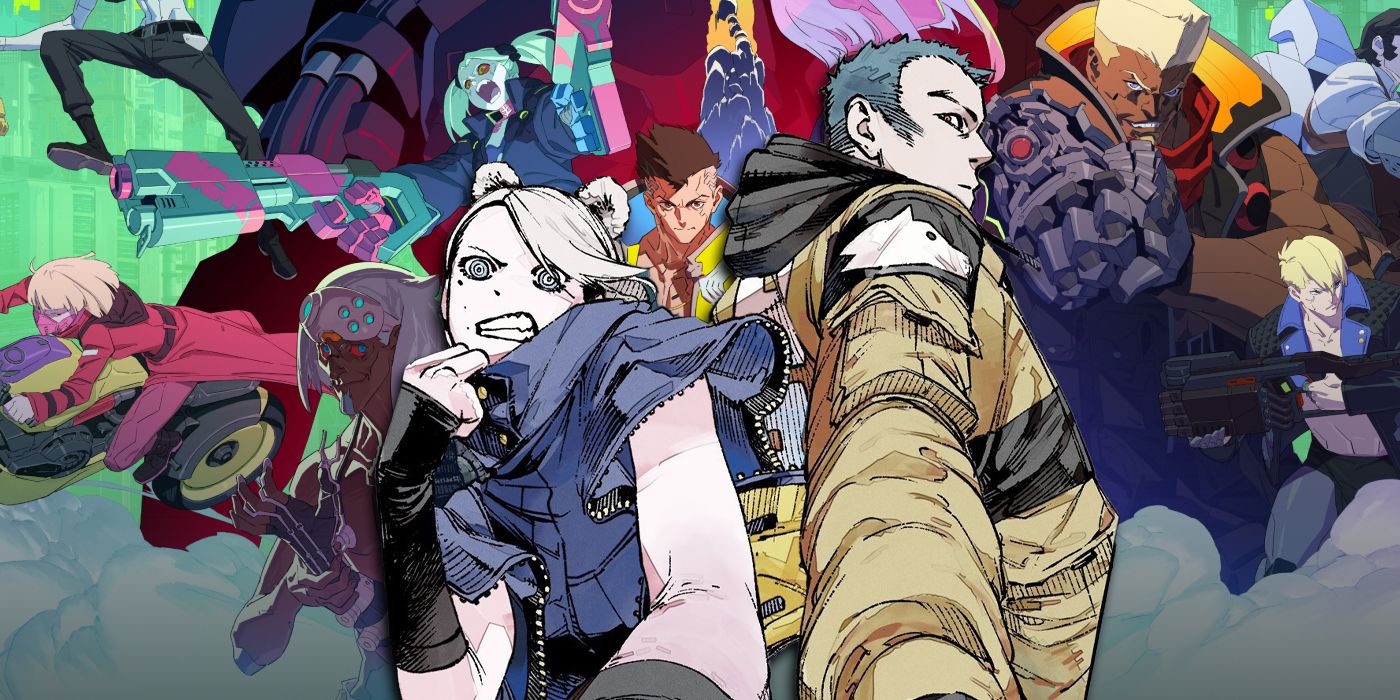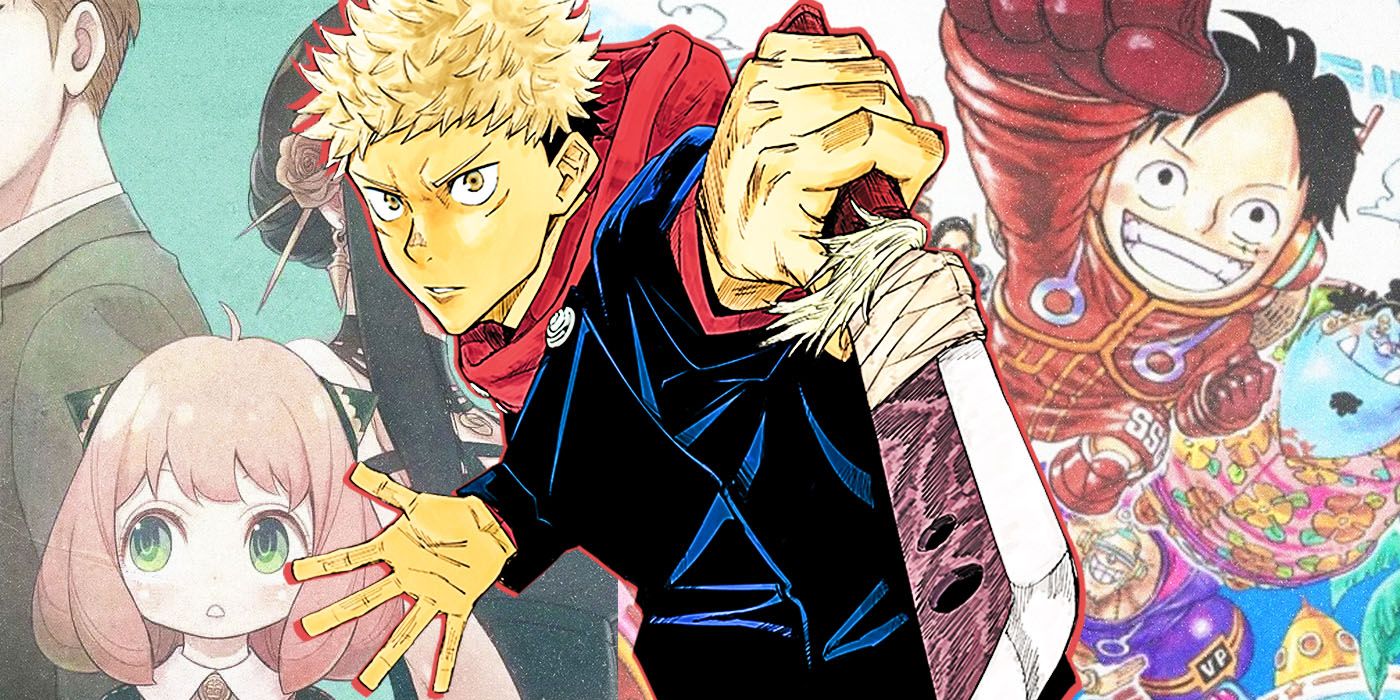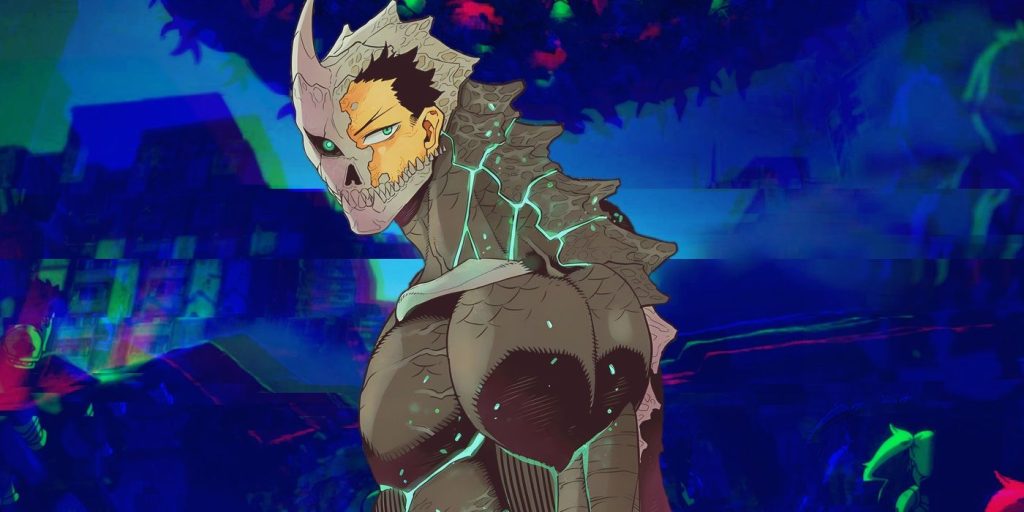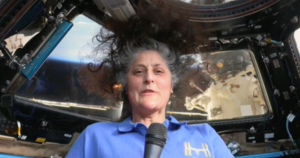Artificial Intelligence is gaining an increased presence in the world of anime and manga localization. While many believe that its usage poses an existential threat to the existence of translation jobs, others, such as official Kaiju No. 8 translator David Evelyn, feel that AI is threatening worker livelihoods in other, equally problematic ways.
In a recent interview conducted by Gizmodo, David Evelyn joined fellow manga translation veterans Stephen Paul (One Piece, Vinland Saga) and Casey Loe (Spy x Family, Kill Blue) to discuss various issues related to the industry. Evelyn focused heavily on the topic of AI and how publishers are increasingly looking to AI-powered tools like Novelous to speedily generate translated manga and light novel content for the masses. However, Evelyn does not believe that AI is a practical replacement for human staff. “Translation is way more complicated than ‘source language A’ into ‘target language B.’ I don’t feel like A.I. is threatening anyone’s jobs right now because it’s so useless at what its doing,” he stated.

Related
Shonen Jump series No Name by Rafal Jaki, Cyberpunk: Edgerunners creator and the first overseas author to work at Shonen Jump, is being canceled.
AI Manga Translation Is Causing People to Take the Same Jobs for ‘Pennies on the Dollar’

Evelyn argues that AI is incapable of advancing beyond the ‘mechanical translation’ of language and performing the tasks essential to creating an appealing and ‘consistent’ narrative for readers. “…it won’t be able to create unique and consistent voices for each character, come up with equally entertaining versions of puns and references, smooth over uniquely Japanese concepts that would be confusing to international audiences.” However, A.I. is gradually changing the structure of the industry. For the most part, manga translators are contract workers who commonly take on several projects at one time. Generally, weekly publishers pay $100-$250 per chapter. Although monthly publications can range between $1,000-$1,700, translators often find it impossible to work on manga full-time due to inconsistent wages that do not always match living costs. “Even if translators are passionate about what they’re working on, they can’t do it for free,” Evelyn said. “We gotta eat. There’s no ifs, ands or buts, about that.”
The introduction of A.I. to manga publishing has caused already low-paying translation jobs to be partially overtaken by A.I., with humans brought in later to supplement the program’s blind spots. According to Evelyn, this is a way for publishers to have translators do the same work they always have — only for a significantly lower payout. “The AI companies say they’ll use human editors to review and fix [the shortcomings of AI], but doing so requires someone who can understand all the nuances of each line in the original Japanese and rewrite them appropriately in English — which is what translators already do,” Evelyn said. “Except now they’re calling that job, ‘reviewing A.I. output’ and they expect us to do it for pennies on the dollar.”

Related
There’s Great News for JoJo’s Bizarre Adventure Fans This September
JoJo’s Bizarre Adventure fans can expect an exciting new release this September in a first for manga in America.
Aside from problems related to A.I., the manga industry has often fallen under scrutiny for the taxing deadlines it imposes on both artists and translators. “The Japanese manga sometimes comes in as little as a week before it goes live online,” stated Loe. “And, in that time, it has to be translated, edited, lettered, reviewed by multiple people, and who knows what else.” This small time frame, in addition to growing instances of online harassment in the event of minor translation errors, make an already demanding job even harder for many workers. “One simple change the Japanese side of the industry could implement that would make everyone’s life easier is to simply roll back the schedule, so manga creators are submitting their work two or three weeks before it gets published,” Loe added. “That would allow everyone on the localization line to schedule their work efficiently and do a better job at it.”
Source: Gizmodo







